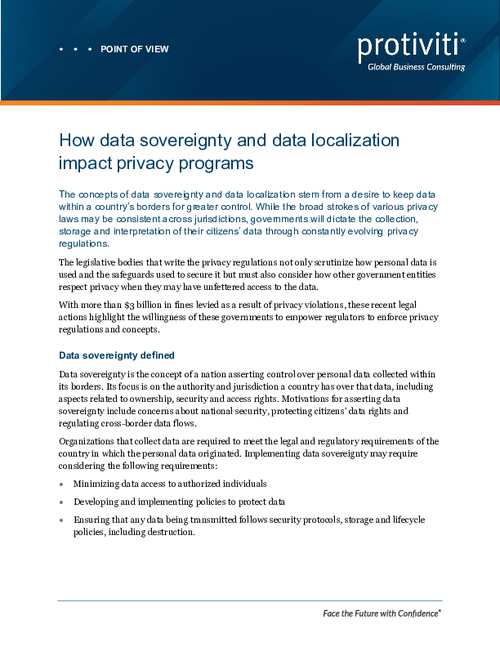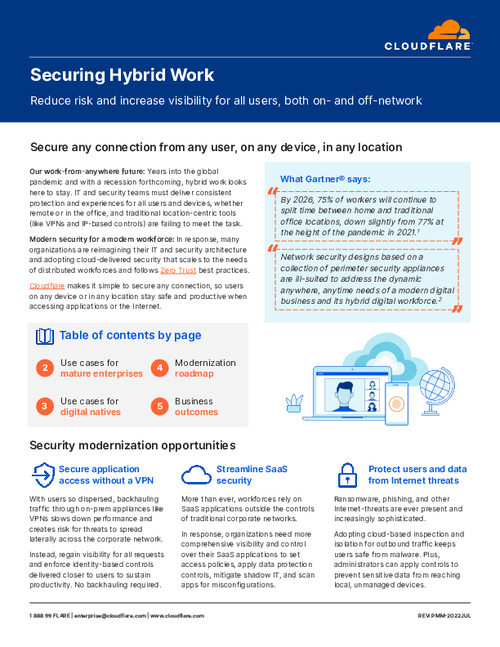Fed Reserve Sees Economy Getting Worse
The U.S. economy will probably deteriorate further this year, and unemployment will rise into 2010, says the U.S. Federal Reserve. The central bank says it expects GDP to decline this year, according to minutes from the Federal Reserve Board's meeting in December.This grim forecast was given to Fed's policymakers when they met and lowered interest rates to near zero. To try and spur an economic boost in activity, central banks around the world have lowered interest rates to record low levels.
At the meeting, most members said they expect a slow recovery to begin in the second half of 2009, but see unemployment would still rise "significantly" into the next year.
There are a number of problems pulling the economy down other than unemployment, low stock market numbers, a loss of consumer confidence, weak household spending and the ongoing credit freeze. Fed members also expect business spending to drop after weak retail sales and the lack of credit available to them.
The minutes also show some Fed members are concerned about deflation, or falling prices, now more than inflation. Deflation slows economic activity, as businesses cut production plans because of lower prices.
Other plans the Fed has to boost the economy after the interest rate cut include previously stated purchases of $600 billion in debt and mortgage-backed securities from Fannie Mae and Freddie Mac by the end of the second quarter. This plan has already helped drop mortgage rates since it was announced.
Stocks Reinvigorate Wall Street Rebound
Looking past the bad news from economic reports and the Fed's grim forecast on the economy, investors boosted the Dow Jones industrial average up 1.3 percent at the end of trading on Tuesday. Others gaining momentum was the Standard & Poor's 500 with 1.4 percent and Nasdaq's composite posted a 2.1 percent gain.
The advances are based on the optimistic hope that the new Obama administration will reverse the economic whirlpool sucking the nation downward further into the current recession. But there still is much work to be done to recover the economy based on economic reports that came on Tuesday.
Some of the bad news: The National Association of Realtors says the number of homes under contract to be sold fell 4% in November. Its pending home sale index dipped to 82.3, the lowest level since the industry association began tracking it in 2001.
Auto sales in December were terrible, with Ford, and GM reporting Motors reporting sales fell 30 percent in December compared to a year ago.
Aluminum manufacturer Alcoa announced it would cut its global workforce by 13 percent by the end of 2009, laying off 13,500 employees because of the global economic recession. Along with the job cuts, Alcoa says it has cut 1,700 contractor positions and started a global hiring and salary freeze.
Alcoa, part of the Dow Jones industrial average, says it will reduce its total output of aluminum by 18 percent and will continue to seek raw materials from less expensive suppliers, and looks to cut costs by 20 percent in each material purchased. With all the cuts, freezes and output reduction the company expects to save $450 million before taxes.
Planned Layoffs Up 275 Percent in 2008
The global economic recession has cut a wide path of layoffs in the U.S. job market, with planned layoffs at U.S. firms up 275 percent last year. The recession, the longest since the Great Depression, also produced the most layoffs since 2003, according to Challenger, Gray & Christmas, an outplacement company. In its monthly report on U.S. employment trends, it adds that heavy job-cutting may continue through the first half of 2009, and the job outlook will be pinned to President-elect Obama's stimulus plan to boost the economy through a government package designed to rebuild the country's infrastructure.
U.S. employers announced 1,223,993 job cuts in 2008, the highest number since 2003, when there were 1,236,426 job cuts.
The report had some positives, saying the economy could begin to mount a comeback in the second half of the year if the new administration can achieve quick passage of its proposed economic and job-growth stimulus package. Obama's plan to rebuild the nation's infrastructure will not just benefit laborer in construction but will spill over into other parts of the job market creating jobs for manufacturing workers, engineers, architects and other jobs.



















